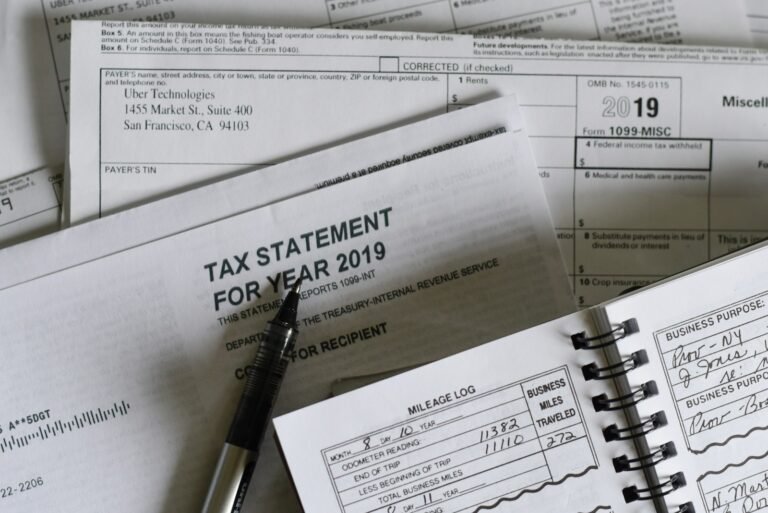
New York, NY – American Express has agreed to pay a hefty $230 million to resolve allegations of deceptive sales practices involving its credit card and wire transfer products for small business customers. The settlement follows investigations by the U.S. Department of Justice (DOJ) and an agreement in principle with the Federal Reserve System.
The U.S. government accused American Express of violating the Financial Institutions Reform, Recovery, and Enforcement Act (FIRREA) by misleading customers and falsifying records. The charges, stemming from business practices between 2014 and 2017, include falsely representing the rewards and fees of credit cards and wire transfer products, submitting incorrect financial information, and using “dummy” Employer Identification Numbers (EINs) to open accounts for small businesses.
According to the U.S. Department of Justice, American Express employees from the Commercial Acquisition Group (CAG) were responsible for misrepresenting the terms of credit cards, including rewards, fees, and whether credit checks would be conducted. Sales staff also allegedly submitted falsified financial data, such as overstating a business’s income, to secure approvals for small business credit cards.
American Express allegedly misled small business customers during sales calls, overstating income and making deceptive claims about credit checks. The company also entered invalid EINs for small business accounts in violation of regulations requiring proper documentation for corporate or partnership applicants.
In addition, American Express employees reportedly entered “dummy” EINs for certain small business accounts when required documentation was missing. These false EINs remained in place for up to two years before the company corrected the issue. This practice violated banking regulations requiring proper EINs for corporations and partnerships seeking credit cards.
From 2018 to 2021, American Express also faced accusations of misleading small businesses about the tax benefits of its Payroll Rewards and Premium Wire transfer products. Salespeople allegedly claimed that high fees for wire transfers were tax-deductible and that reward points earned from transactions were not taxable. However, these assertions were not based on accurate tax advice, as the fees were not deductible under tax law.
In addition to the civil settlement, the company faces a criminal resolution related to its Payroll Rewards and Premium Wire programs, with a separate criminal fine and forfeiture. American Express will receive a credit toward the civil penalty amount if it fully complies with the criminal resolution.
“This settlement holds American Express accountable for its deceptive tactics, which harmed small business customers and undermined trust in the financial system,” said Principal Deputy Assistant Attorney General Brian M. Boynton. The settlement is a significant action to preserve the integrity of financial institutions.
The company has taken full responsibility for its actions and committed to making organizational changes, improving its compliance programs, and enhancing employee training to ensure such practices are never repeated. American Express discontinued the problematic products several years ago and has made substantial efforts to remedy the situation.
“We cooperated fully with the investigations and took decisive action to address these issues,” said an American Express spokesperson. “This settlement reflects our commitment to maintaining the highest standards of business practices.”
Although American Express has acknowledged the allegations in the criminal resolution, the claims resolved through the civil settlement remain allegations, and no formal determination of liability has been made.
Although the company denies liability or wrongdoing in connection with the allegations, the civil penalty will be paid electronically within 14 days, and the entire settlement amount is a result of the Financial Institutions Reform, Recovery, and Enforcement Act (FIRREA). The agreement also outlines that American Express will not charge the U.S. government for costs related to the deceptive conduct covered by the settlement. The company will also have to repay any unallowable costs previously submitted to the government.
As part of the resolution, the company has emphasized that the costs associated with the settlement were largely reserved in prior periods, meaning the financial impact will not affect American Express’s 2024 financial guidance. The final resolution with the Federal Reserve is expected to be finalized in the coming weeks.
This multi-million-dollar settlement underscores the ongoing scrutiny of financial institutions and their responsibility to uphold ethical sales practices and accurate record-keeping. It also serves as a warning to other financial companies that deceptive practices will not be tolerated.


